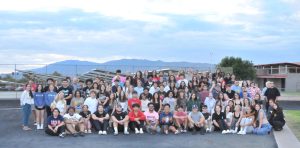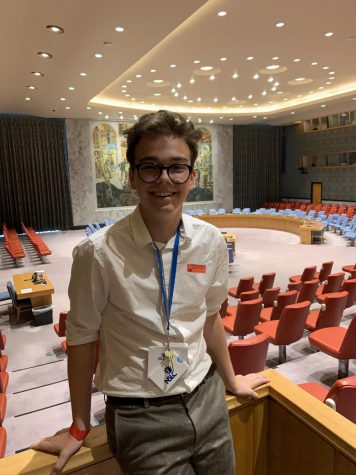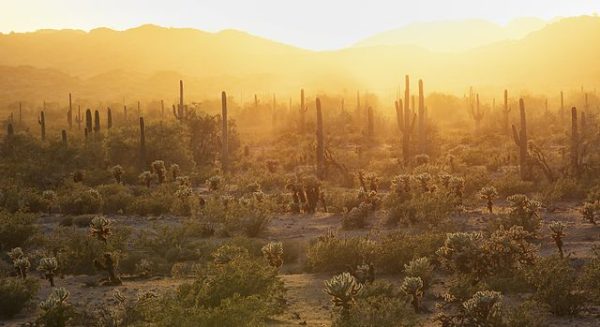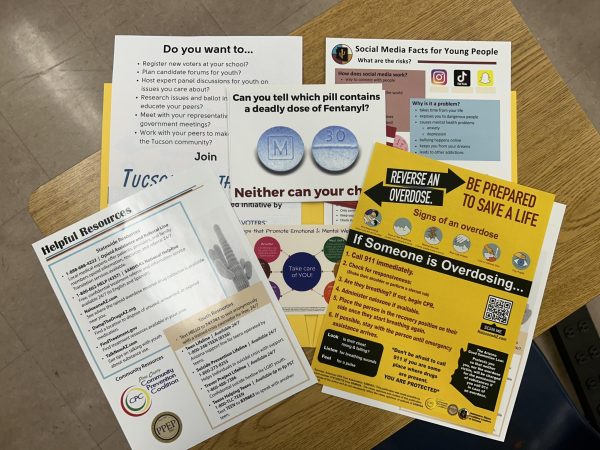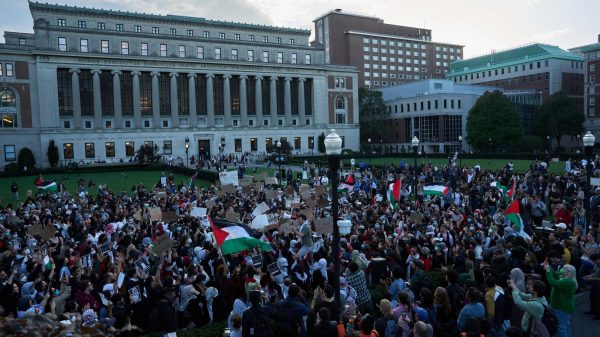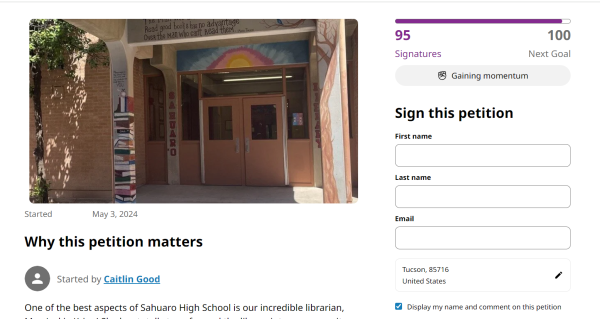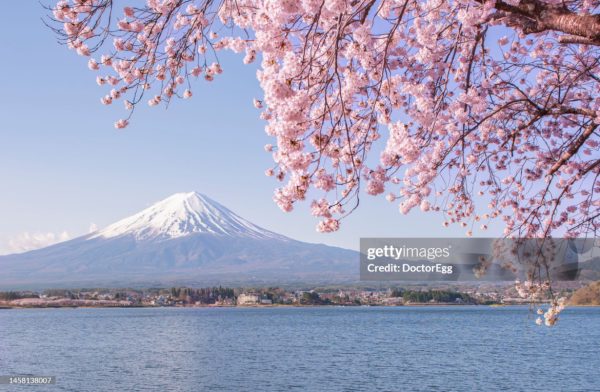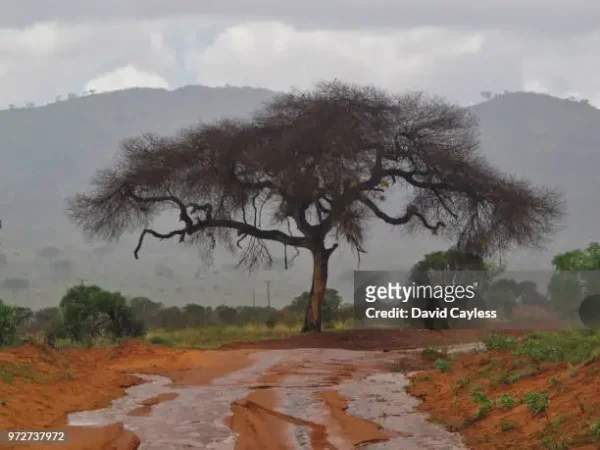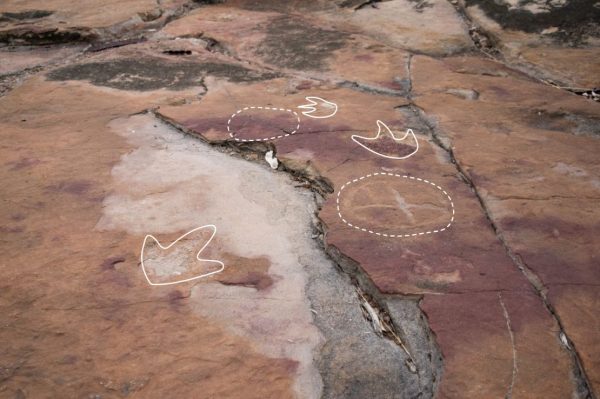Things Are Getting Spicy in Chile
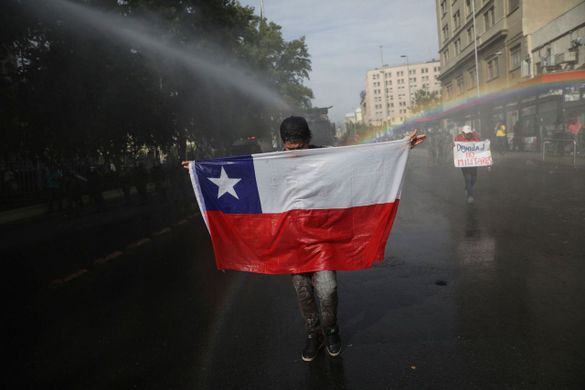
mynews13.com
November 6, 2019
It all started with raising public transport fares. Then student protester Christopher Madrid ended up shot. “The soldier was about 40 meters away. He looked at me and fired.” Chile has experienced complete and utter turmoil before, this protest is among the worst since Pinochet, 19 have died, and millions have protested. But why? Fares were rising, but the protests have an underlying cause: frustration with President Pinera. Chile has become one of the most unequal countries in South America, with an increasing cost of living, combined with dismally low funded public services that don’t operate to the benefits of citizens.
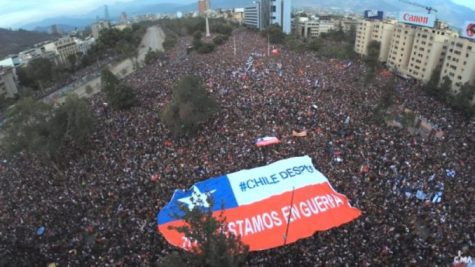
With the raising fares as the spark, protesters flooded the streets. Many avoided paying the metro, destroying and hopping turnstiles. Protesters quickly began burning, not one, but 22 metro stations, just hours after the fares rising. Pinera acted by ordering the military personnel to attempt to diffuse the situation unraveling by declaring a state of emergency. After days of unrest in Santiago, that saw many injured, and stores burned and looted, protesters had a change of pace.
On October 25th, over one million people took to the streets protesting the president and unrest within the country. Protesters were able to shut down the city they called home, it was a stunning moment when a country, unequal and divided, comes together for a common cause. The massive march finally prompted a response of the President. Pinera removed most of cabinet hoping to extend a olive branch to protesters, released new social programs under the hashtag #NuevaAgendaSocial, and lifted the state of emergency.
All of this was met with new protests, with many Chileans saying that he isn’t doing enough to help the country. Later on October 30th, Pinera pulled out of hosting the APEC and CAP25 diplomatic summits, citing that Chile isn’t in the right place to hold the summits. This comes during a time of global unrest, with other uprisings in Hong Kong, Bolivia, Iraq, Catalonia, and Haiti.




